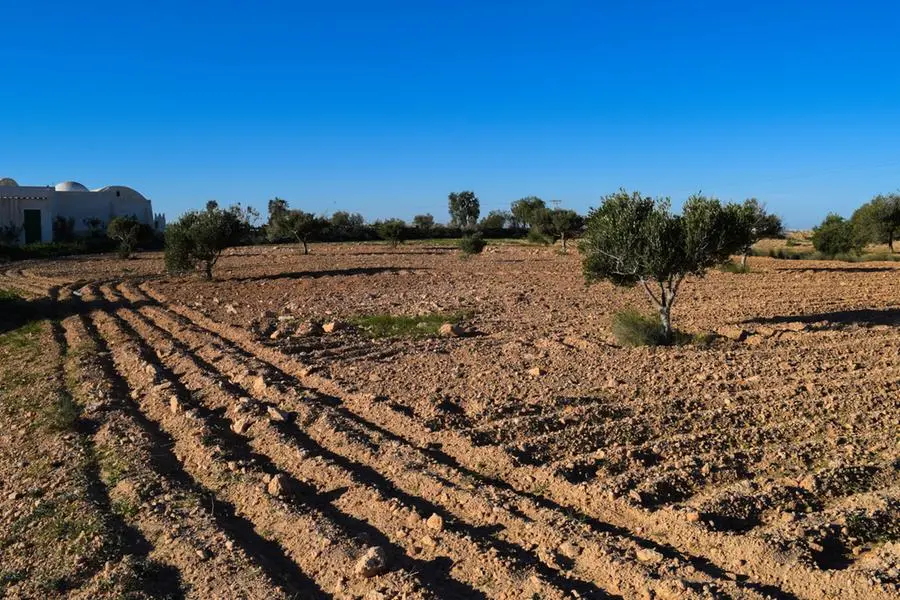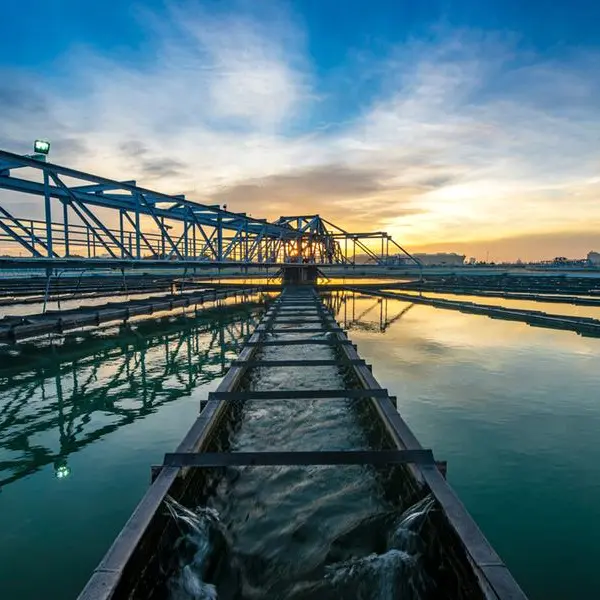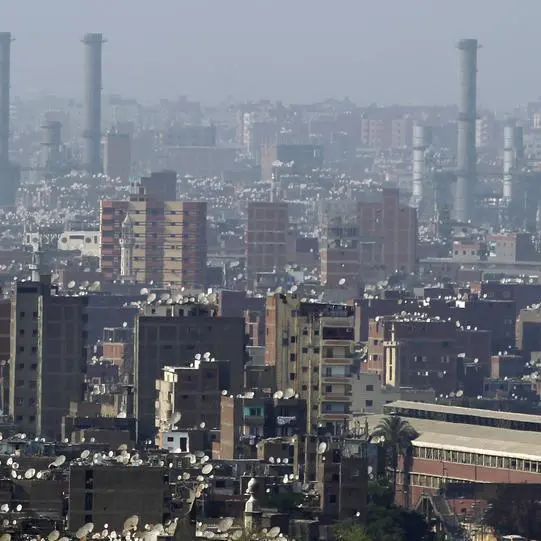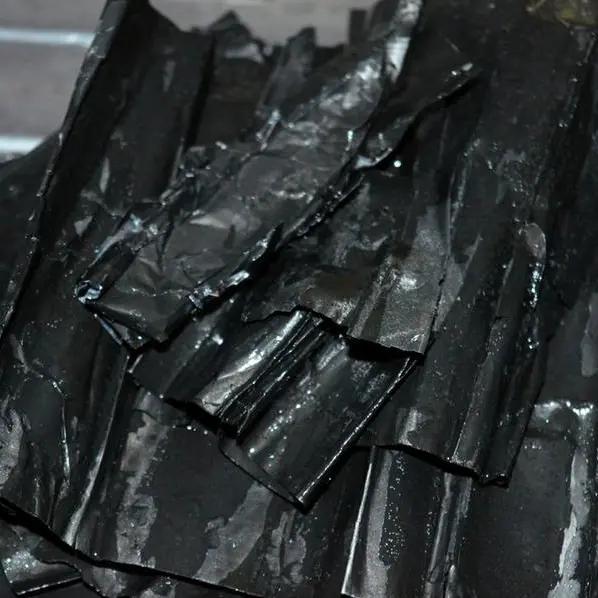PHOTO
African Heads of State and Government have united behind the Nairobi Declaration, a new initiative aimed at improving access to fertilisers and boosting agricultural productivity across the continent.
The Declaration, endorsed following the Africa Fertiliser and Soil Health Summit in Nairobi, outlines a series of commitments to triple production of certified fertilisers by 2034, enhance fertiliser affordability for smallholder farmers, promote sustainable soil management and support knowledge sharing and extension services
Over recent years, the private sector has significantly increased local manufacturing of mineral fertilisers, with investments exceeding $15 billion. Despite Africa producing an estimated 30 million metric tonnes of mineral fertilisers annually, most of this output is exported, leaving Member States heavily reliant on imported fertilisers, particularly non-phosphate-based varieties. This dependency exposes Africa to external market fluctuations and price volatility.
To counter this, African nations have pledged to boost investments in domestic manufacturing and blending of fertilisers, leveraging the continent's abundant resources. They aim to explore financing tools such as trade credit guarantees, working capital, and targeted subsidies to reduce market distortions, lower costs, and strengthen input supply chains.
Tripling domestic production
The Nairobi Declaration outlines 13 critical points on the implementation of commitments, including tripling the domestic production and distribution of certified quality fertilisers by 2034, thereby providing smallholder farmers with essential inputs to enhance agricultural productivity.
Governments have committed to prioritising local fertiliser production using locally available raw materials. They will strengthen research on fertilisers by reviving the African Centre for Fertiliser Development in Harare, offer incentives for local production, leverage opportunities in low-carbon fertiliser production, and establish small and medium ventures. Additionally, the African Continental Free Trade Area will be utilised to double intra-Africa fertiliser trade by 2034.
Leaders have also committed to ensuring at least 70 percent of smallholder farmers receive tailored recommendations and extension services on fertiliser use and soil health by 2034. This includes developing context-specific fertiliser and soil health recommendations, standardised tools for soil fertility assessment, a digital information system for fertiliser and crop decision support, and support for natural gas-producing Member States to stabilise fertiliser prices and boost production.
Financial mechanisms
A significant pledge was made to fully operationalise the Africa Fertiliser Financing Mechanism (AFFM), aimed at enhancing fertiliser and soil health interventions. This includes supporting farmer investments in yield-enhancing technologies and soil health, financing infrastructure and logistics for fertiliser availability, and establishing a multi-source soil health fund for research, innovation, and capacity building.
The Declaration recommends creating an enabling environment for fertiliser and soil health interventions. This involves developing continental guidelines, policy harmonization, engaging the private sector, and strengthening public-private partnerships (PPPs).
To translate these commitments into action, leaders resolved to integrate the Nairobi Declaration's recommendations into their National Agricultural Investment Plans. Finance ministers are tasked with mobilising and allocating resources for a 10-year Action Plan and the Soil Initiative Framework, also launched at the Summit.
The African Union Commission and AUDA-NEPAD will support Member States in domesticating mechanisms that reward smallholder farmers for improved soil health practices, including participation in carbon markets. A systematic soil health monitoring system aligned with the Comprehensive African Agriculture Development Programme (CAADP) will be developed to track progress, including continent-wide metrics for measuring soil health.
(Editing by Anoop Menon) (anoop.menon@lseg.com)
Subscribe to our Projects' PULSE newsletter that brings you trustworthy news, updates and insights on project activities, developments, and partnerships across sectors in the Middle East and Africa.





















